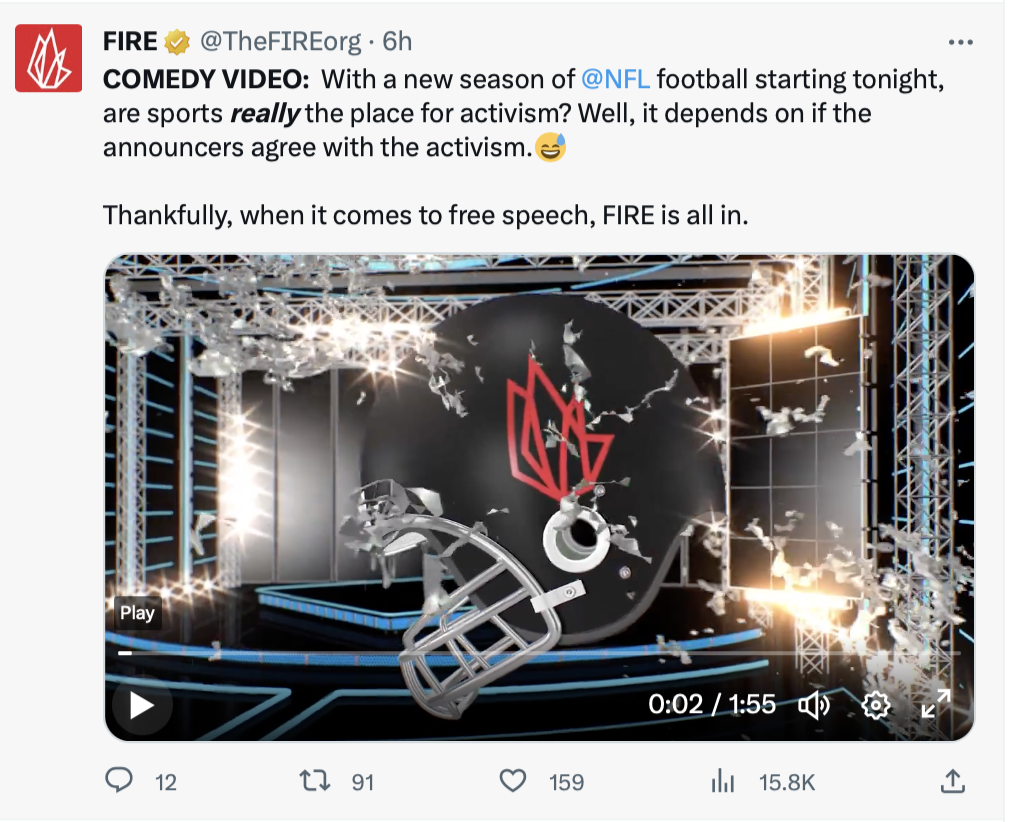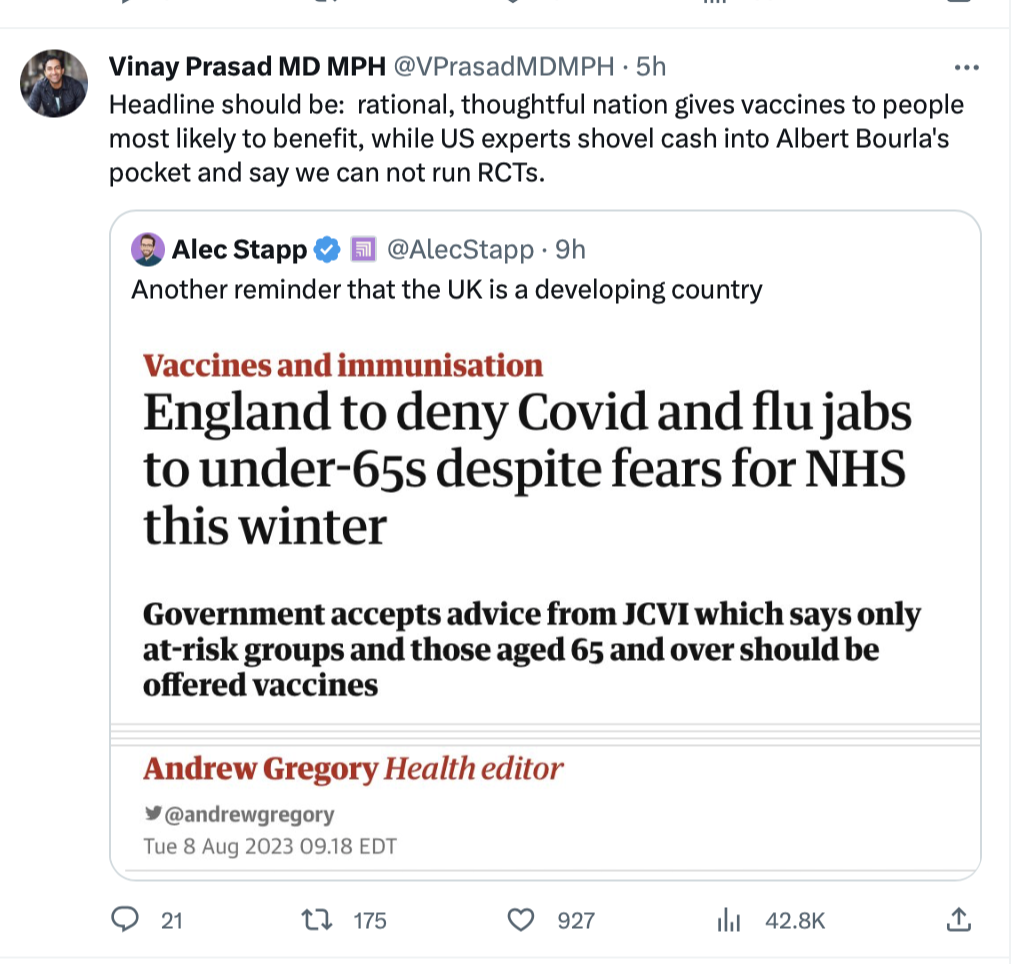What Ails the United States
IMO, RFK Jr's diagnosis of what ails the US is spot on. I hope to hell we, as a country, somehow figure out a cure. And for those who aren't aware, the DNC is pulling out every trick in the book to make the primary meaningless in order to pre-ordain Biden as the winner. Further, the DNC has publicly stated in court filings that when it comes to the nominee, the DNC doesn't give a shit about the opinions of voters.
Kennedy:
Our nation's most serious problems come from as a single source of entrenched corporate, political elite. Government agencies, Congress, the defense industry, Wall Street, the media, big tech, Big Pharma, Big Ag, and pretty much big everything have a death grip on our democracy. And there's only one thing that can break that grip. And now it's not me, is you, the people. It's a populist movement, a unites left and right black and white, rural and urban, young and old. We can't just wait around for the Washington establishment to change their minds. We can't expect Wall Street to stop strip mining the middle class of its equity and as well, we can't expect the military industrial complex to promote peace, or the censorship big tech complex to promote freedom or freedom of speech. We need to do it ourselves. We have to take back power in this country for the people. Let me add one more item to the list of entrenched institutions, the Democratic National Committee, and an honest primary the candidate with the most votes would be the nominee, right. But the DNC has imposed elegant roles and make it nearly impossible for an insurgent candidate to win. It has totally rigged the system very early on. [Video of Jamie Harris of the DNC]: "Back in February, we passed a resolution unanimously within the DNC that we are all riding with Biden and Kamala Harris."





